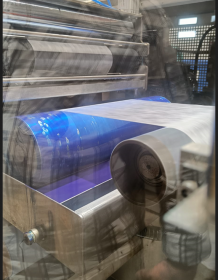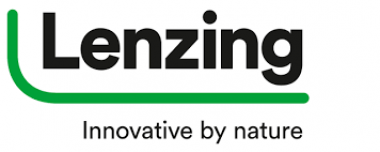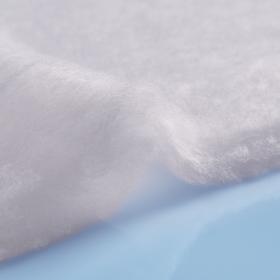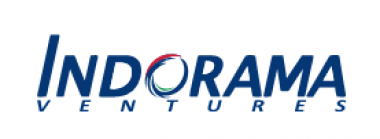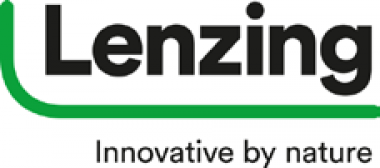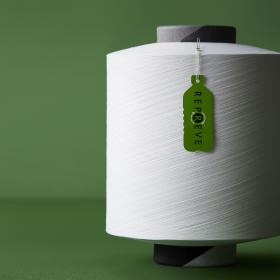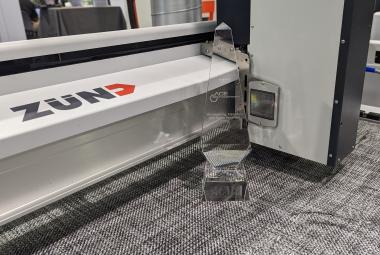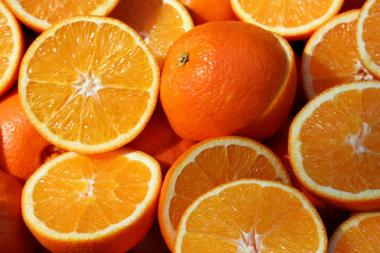Haelixa: Traceability of wool fibers up to the final fabric
The Woolmark Company, the Italian wool fabric mill Vitale Barberis Canonico (VBC) and Haelixa took part in a trial to trace Australian wool fibers up to the final fabric.
Funded by Australian woolgrowers, The Woolmark Company (TWC) is an enterprise that focuses on investments that enhance the profitability, international competitiveness, and sustainability of Australian wool. In their operations, TWC seeks to be transparent and accountable. In line with this strategy, traceability is necessary to ensure transparency and maintain the credibility of TWC.
In December 2021, Haelixa marked wool fibers with their DNA tracing solution. There are infinite DNA markers that could be produced and used to indicate a specific origin, supply chain, material, or particular collection. In this case, a single DNA has been applied to greasy wool and a second DNA marker to scoured wool. The first DNA identifies the origin of the Australian wool, while the second determines the manufacturer where the wool has been further processed; at Vitale Barberis Canonico mill.
Samples were collected from various production stages, where a qPCR test was used to detect each specific DNA marker. Haelixa uses a “Key-Lock” system to detect a marker; one needs to know the particular DNA to screen for, ensuring that the system is tamper-proof. The DNA markers stay safely embedded in the product, enabling traceability of greasy and scoured wool up to greige fabric and finished fabric, respectively.
With increasing cost pressure and competition in the wool fabric market, traceability is becoming a prerequisite to proving authenticity and origin. TWC and Vitale Barberis Canonico support the culture of sustainability and collaboration.
Haelixa AG






